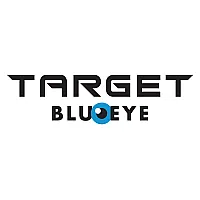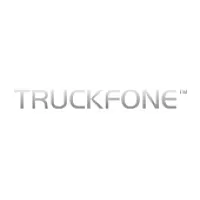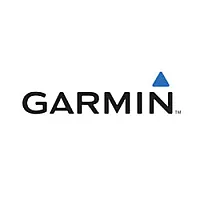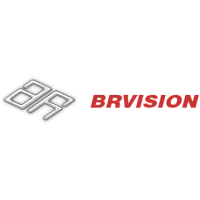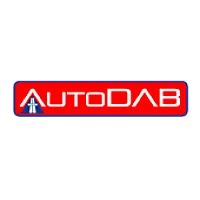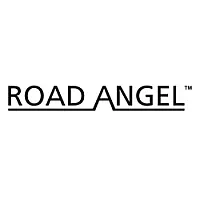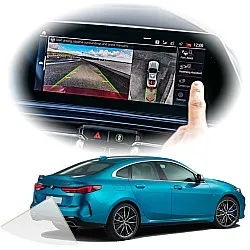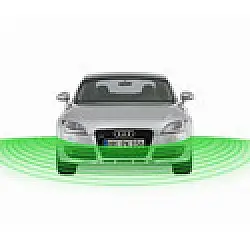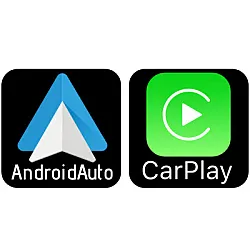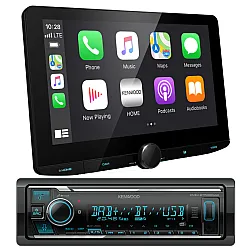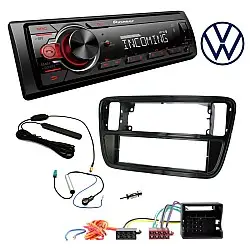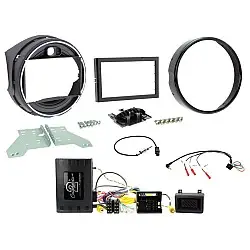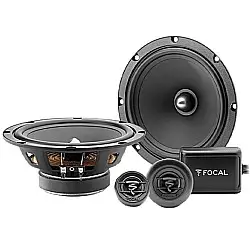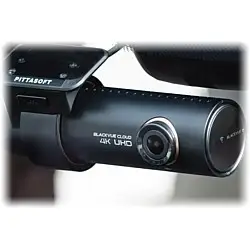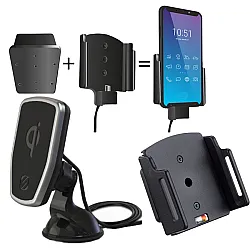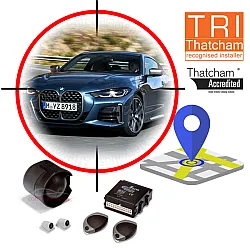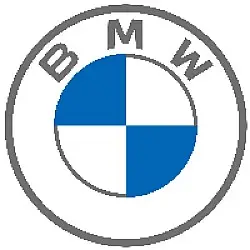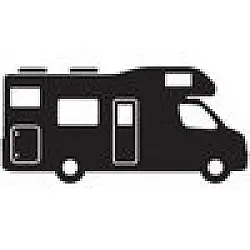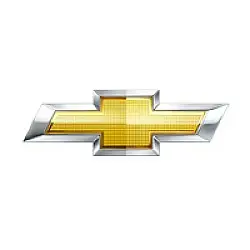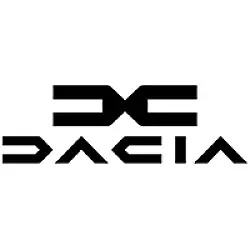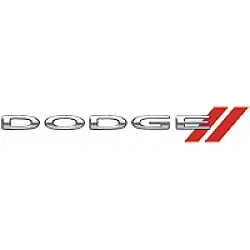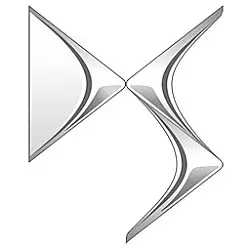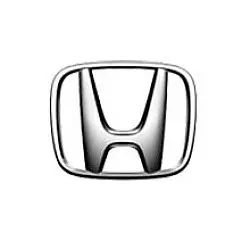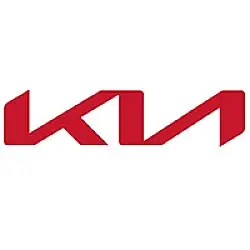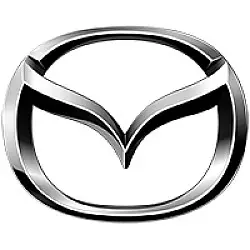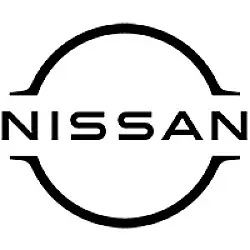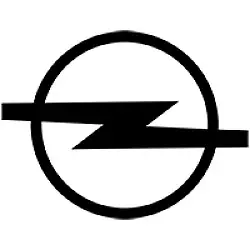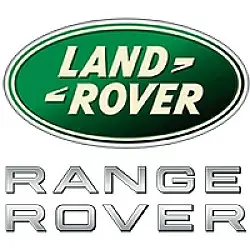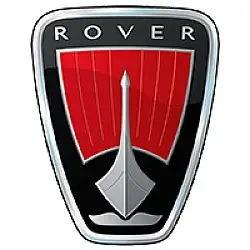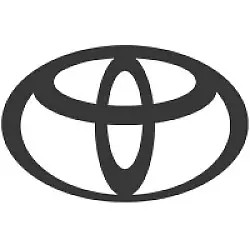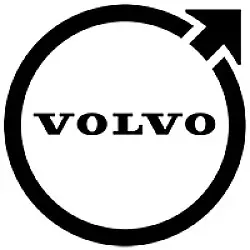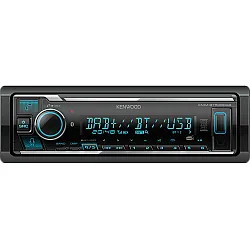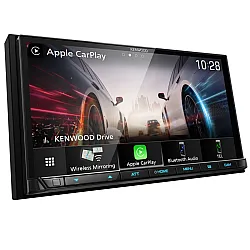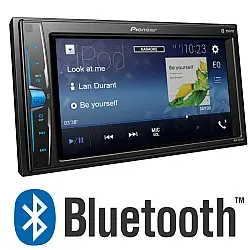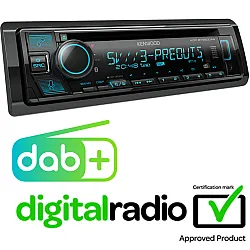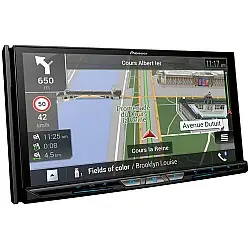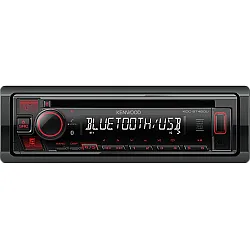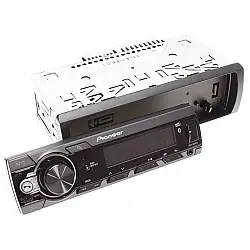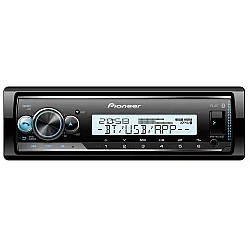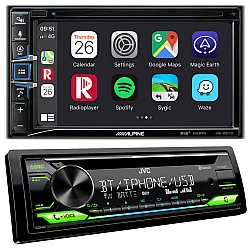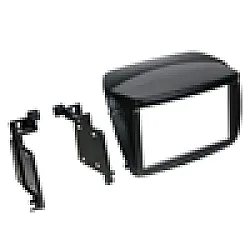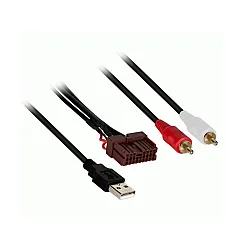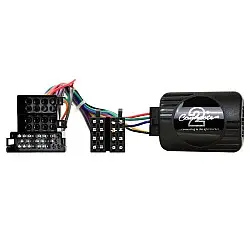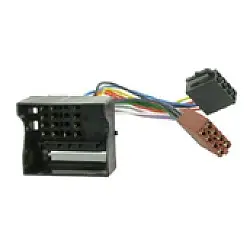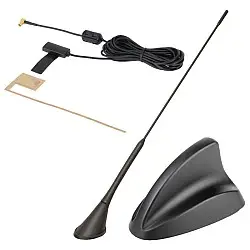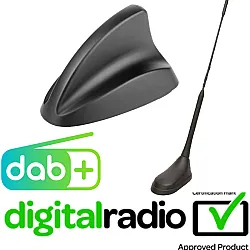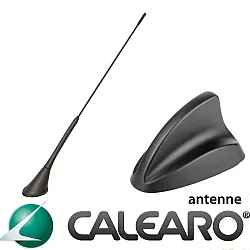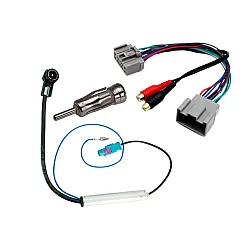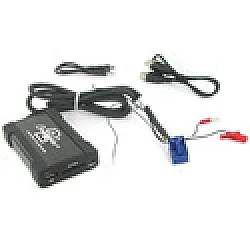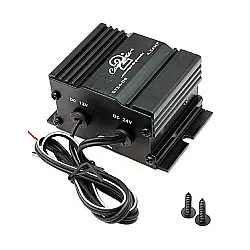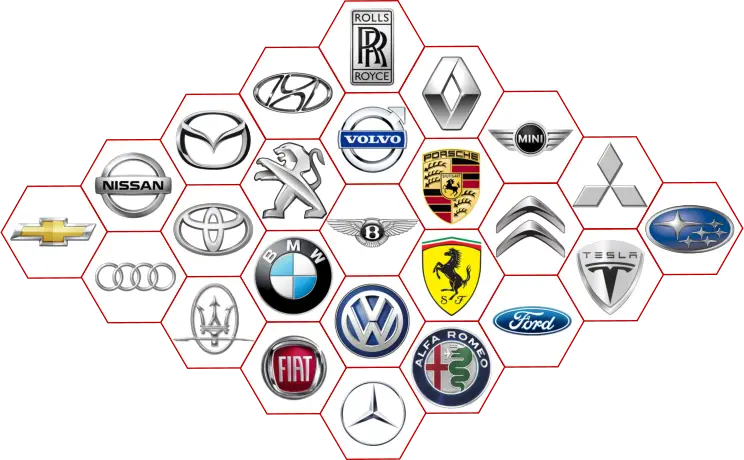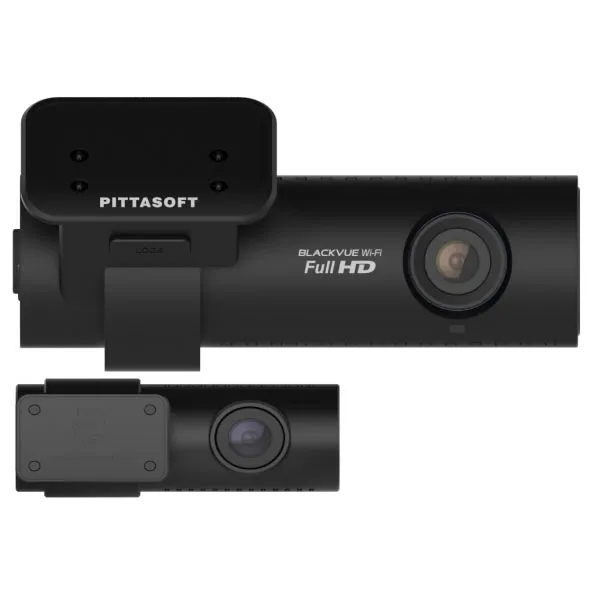The Ultimate Buyer’s Guide to Dashboard Cameras
No matter how carefully you drive, the unfortunate truth is that you can’t ensure the same for everyone else! It only takes a brief lapse of concentration from another driver for a collision to occur, and if you can’t prove who was at fault, it could mean the end of your no claims bonus. Even worse, these collisions can sometimes even be induced deliberately, as in the case of many Crash for Cash schemes, in which fraudsters intentionally cause crashes to claim on insurance
This is exactly the sort of scenario that dashboard cameras are designed to deal with, and the legal protection and the peace of mind they offer to drivers is a big reason why they’re becoming such a common sight on Britain’s roads. If you’re considering getting one, or replacing an existing device, we’ve written this guide to answer all your most common questions about dashcams, and how they can help you.
What is a dashboard camera?
Essentially, a dashboard camera is a type of vehicle camera used by drivers to monitor the roads around them, providing legally admissible evidence of their own driving, and that of those around them. The term itself is fairly self explanatory, although some devices that describe themselves as dashcams aren’t technically mounted on the dashboard. (Technically, these fit into the broader category of vehicle cameras.)
Dashcams usually record what’s happening in front of the vehicle, but there are models which can cover the rear of the car, too. One-channel dashboard cameras cover one direction only, generally the front, whereas two-channel dash cameras cover the car’s front and back simultaneously.
How do dashboard cameras work?
A dashcam can be placed at the front or rear of your car interior, giving it a clear view of the road ahead of it. Once activated, it will then record footage on a continual loop on a Micro SD card, and will begin automatically overwriting the oldest footage when it reaches its memory limit. Plug and Play options can be powered by the 12v outlet in your car, but many dashcams can be hardwired into your vehicle so that you can free up that socket for something else.
Key advantages of dashboard cameras
Legal protection
This is undoubtedly the single most significant advantage of dashboard cameras, and is reason enough to purchase one if you haven’t already. Most dashcam footage is considered legally admissible evidence when determining who was at fault in a collision or accident. That means if you’re able to provide footage that exonerates you, it can save you a lot of time, money and hassle, both in the short and long run. Always welcome news!
Discounts on your car insurance
Some insurers, though not all, will even give you a discount on your car insurance if you have a dashcam footage. The reasoning behind this is broadly the same as where other telematics systems are concerned, such as black boxes. In a nutshell, if you agree to have your driving recorded, it acts as implicit assurance that you have confidence in yourself to drive safely and carefully, and insurers are more willing to reward you as a result.
How much can dashcams save you on car insurance? Well, these days it can be anywhere between 5% to as much as 20%, depending on a number of factors, including, most importantly, who you’re insured with! Take note, though, that this isn’t necessarily a given, and not all insurers will be necessarily willing to offer discounts for dashcams. If they do, the quality of your camera may well be a determining factor, and the clarity of the image it’s capable of recording.
Parking Mode security
Certain dashcams we stock here at Car Communications have a number of extra features. One of these is Power Magic PRO, a blackbox optional extra which enables your dashcam to switch to Parking Mode. This setting is an excellent way of protecting your vehicle when it’s left alone, especially if you’re parked in unfamiliar areas. Basically, if it detects movement within a certain radius, or if your vehicle is bumped or knocked, the camera will automatically switch on, which can help you track down the culprits if your car is damaged or tampered with.
A range of extra modes and features
The technology for dashcams is constantly evolving, allowing modern consumers access to increasingly advanced models at fantastic prices (many of which you can browse right here at Car Communications). Some of the extra features you can find on modern dashcams include sensors and HD recording to connection via Wi-Fi, and GPS tracking - which can help the authorities determine exactly where and when a collision occurred.
How to choose the best dashcam for your car
The definition of what makes the best dashcam can vary between different people, so instead of recommending the best dashcam, it’s probably better for us to look at the various factors you’ll want to consider. Some of the most pivotal of these aspects include the price range, the image quality, and any extra functionality. Cheap dash cameras can do the job just fine if you just want to fulfil the basic legal security requirement, but you’ll find increased reliability, durability and value for money as you work your way further up the price hierarchy.
If possible, we’d always recommend opting for two-channel dashcams, as these offer maximum security and peace of mind because you’re recording both the front and rear of your vehicle. Some other aspects you may want to think about include:
- Video quality and clarity
- The amount of storage available
- The position and viewing angle
- Night vision capability
- Parking Mode for increased security
- Wi-Fi capability to connect to your phone or smartphone
- GPS
Our top picks:
Blackvue Dr430-2Ch Dashcam Front & Back Witness Camera
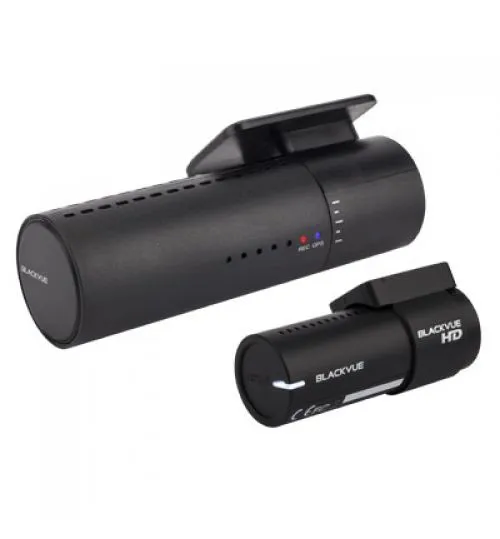
£199.95
Simple to fit and install, but with a powerful range of functionality, the Blackvue DR430-2CH is one of our best-selling products. It’s fitted with a Sony CMOS sensor, and uses a 120° wide-angle lens to shoot a clear, high-quality full HD image.
Capable of being fitted to both the back and front of your vehicle, it also comes with various recording modes, giving you a variety of options to choose the one that’s best suited to your environments and driving style.
Blackvue Dr450-1Ch Dashcam (With Optional GPS)
£129.95
Another model in the highly popular Blackvue series of dashcams, the DR430-1CH shares the same Sony CMOS sensor and 120° wide-angle lens. This model is a powerful front-facing dash camera, which can be fitted with an optional GPS tracker to precisely record the position, location and timing of any accident that may occur - giving you valuable evidence in case of court or insurance claims.
Snooper DVR-4HD - 1080P HD In-Car Dash Camera
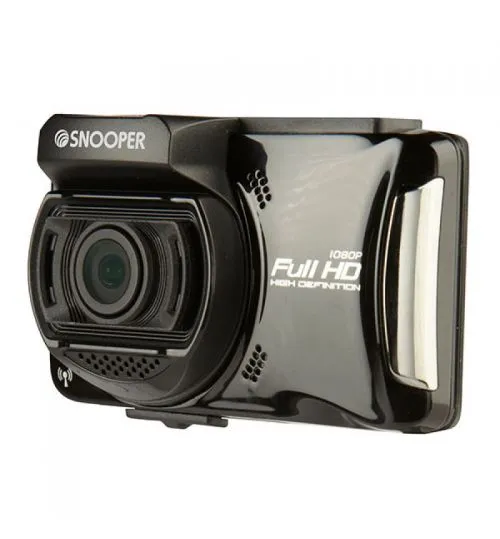
£149.95
The manufacturers of the Snooper range are immensely proud of the DVR-4HD, which they say has more safety features than any of their other models - including speed camera alerts, front collision warnings, lane departure warnings and driver fatigue alerts. In addition to its ability to record crystal-clear video, it also includes 3-axis G-sensors and GPS location data, helping to provide invaluable evidence for insurance claims and court cases.
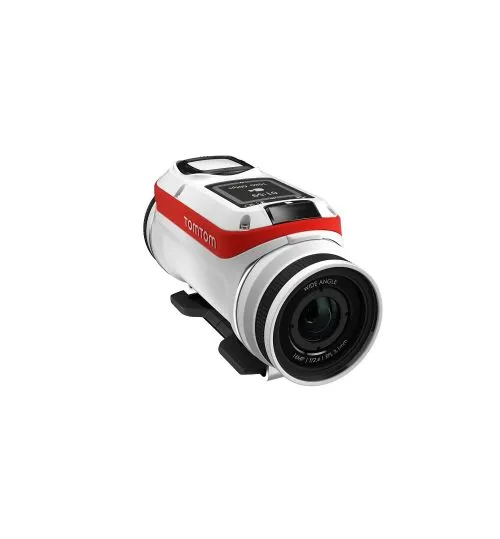
£299.99
The Tomtom Bandit Action Camera has already made a significant name for itself amongst the extreme sports community, and these same qualities that make it so popular there also make it a fantastic option as a vehicle dashcam. Its 4K HD video can record any collisions in the clearest detail, while built-in sensors can give you valuable extra information and context if you find yourself having to relay details of any collisions to your insurers or authorities.
How to install your dashboard camera
Happily, dashcam installation is quite a simple job, and it doesn’t necessarily require a great deal of technical knowledge. This is especially true in the case of Plug and Play devices, which are specifically designed to be easy to fit, as they simply adhere to the inside of the car. This may involve leaving some wires trailing, but to avoid this option you can simply purchase an optional hardwiring loom in the dropdown menu of an individual product here at Car Communications. Hardwiring your camera also means that it will generally only switch on the camera when the engine is running, avoiding battery drain (unless, of course, you have the Parking Mode activated).
If you don’t have the confidence or ability to fit your dashcam yourself, we can always do it for you here at Car Communications. Our network of qualified, dedicated installers covers the entirety of the UK, so no matter where you live, you can count on an easy, efficient installation service, carried out on a date that suits you.
We’ve got a fantastic range of dashboard cameras and vehicle cameras to choose from right here at Car Communications, and if you’ve got any questions you still need answering, our friendly team of experts is here to help. Just give us a call on 01254 694 537, and we’ll be happy to provide any advice or information you might need!
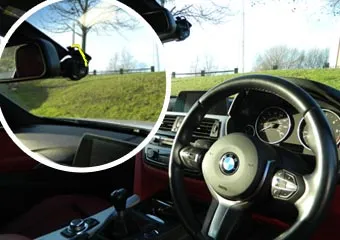 | 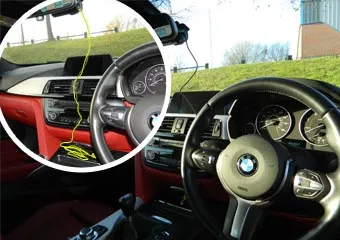 |
| Dash camera hard wired in | Dash camera not hard wired in |
| (The wire is show as yellow) | |
Don’t become a victim of a false insurance claim; this small investment can save you a large sum in the future.

















